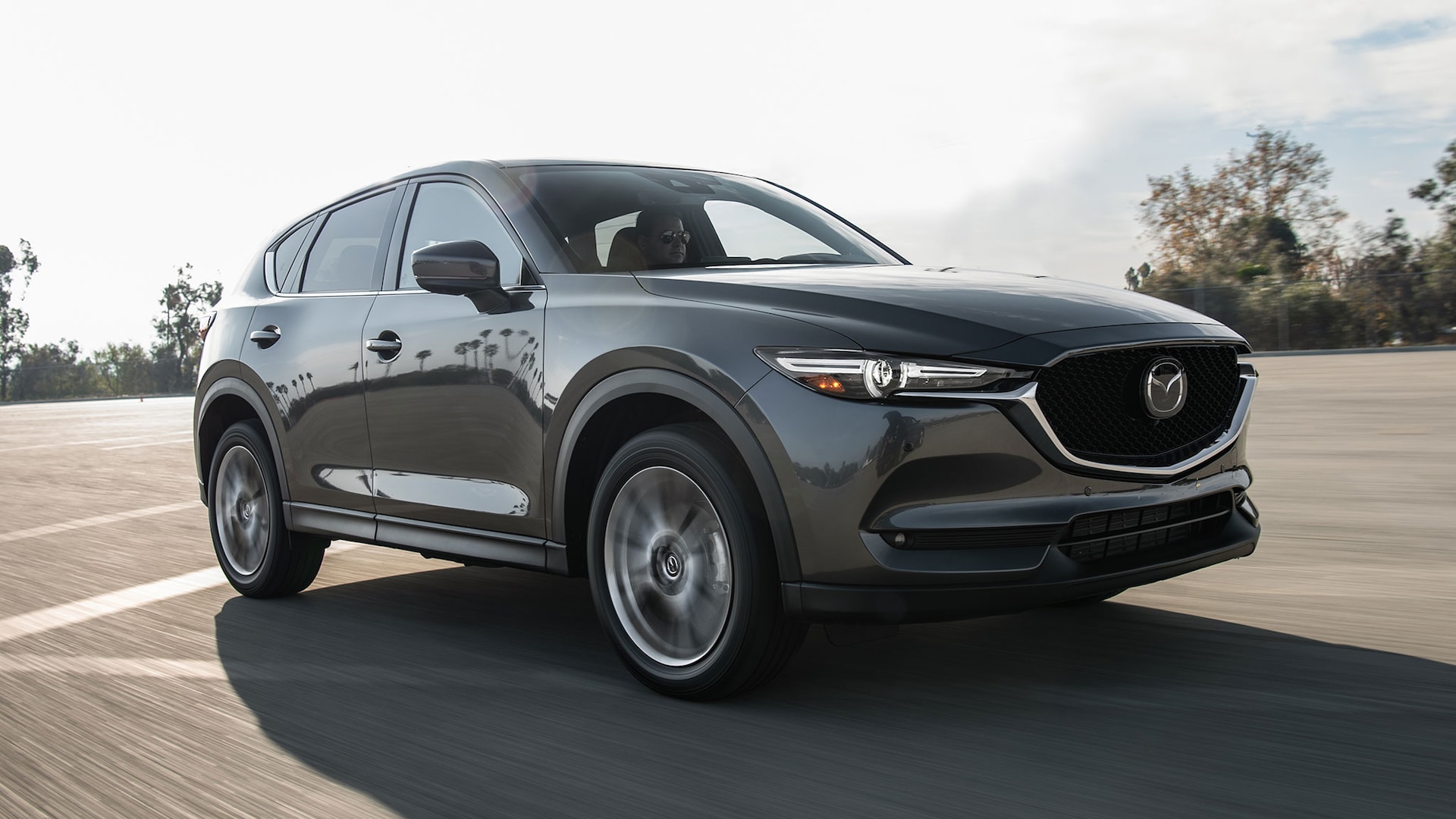Just a high quality knock sensor. Not listening for knocking, that's too late, but actually listening to to sound of combustion. Sounds complex, but it's horribly simple.
Sometimes called a pinging sensor. There may be both sensors, or more.
Sometimes called a pinging sensor. There may be both sensors, or more.








